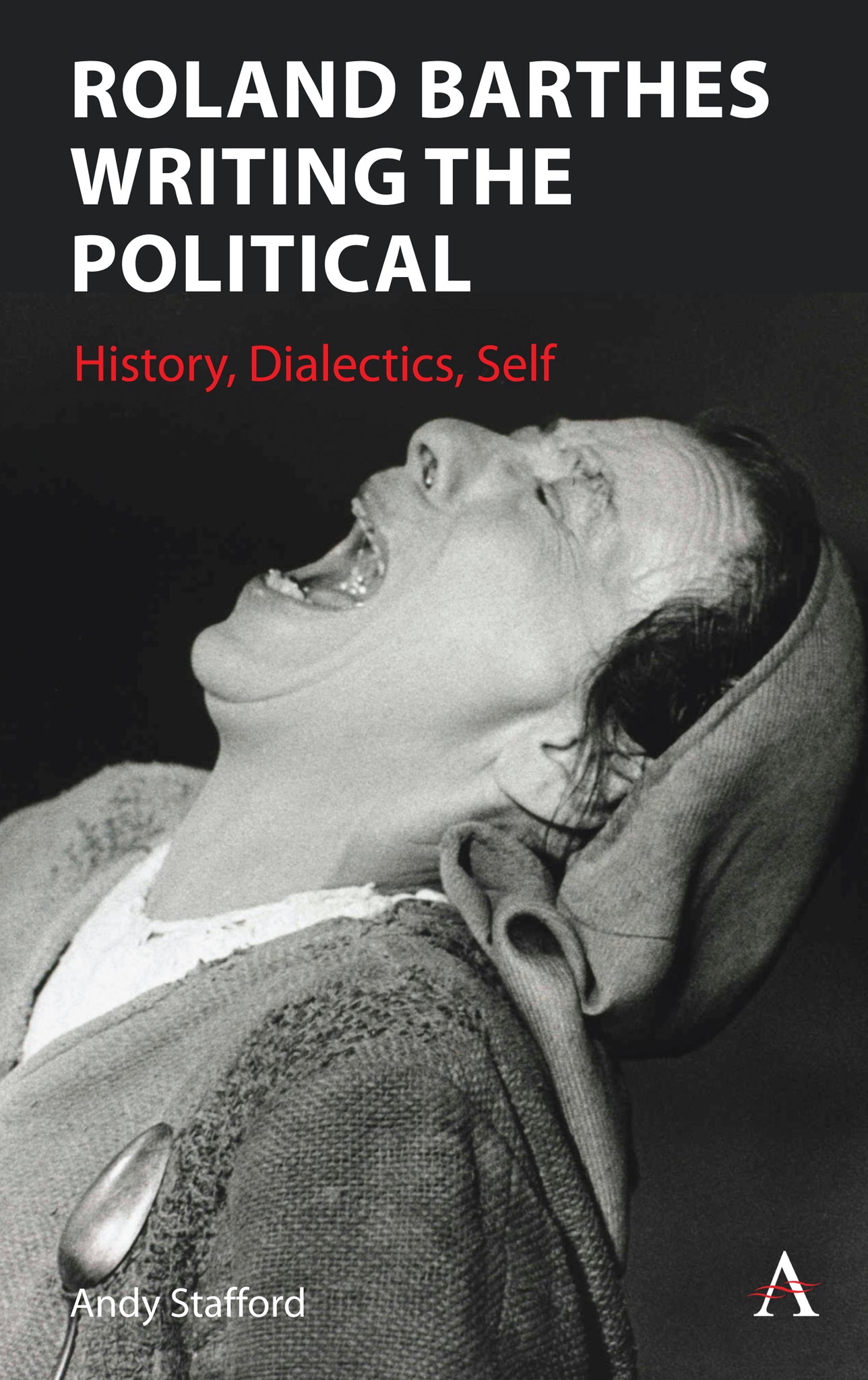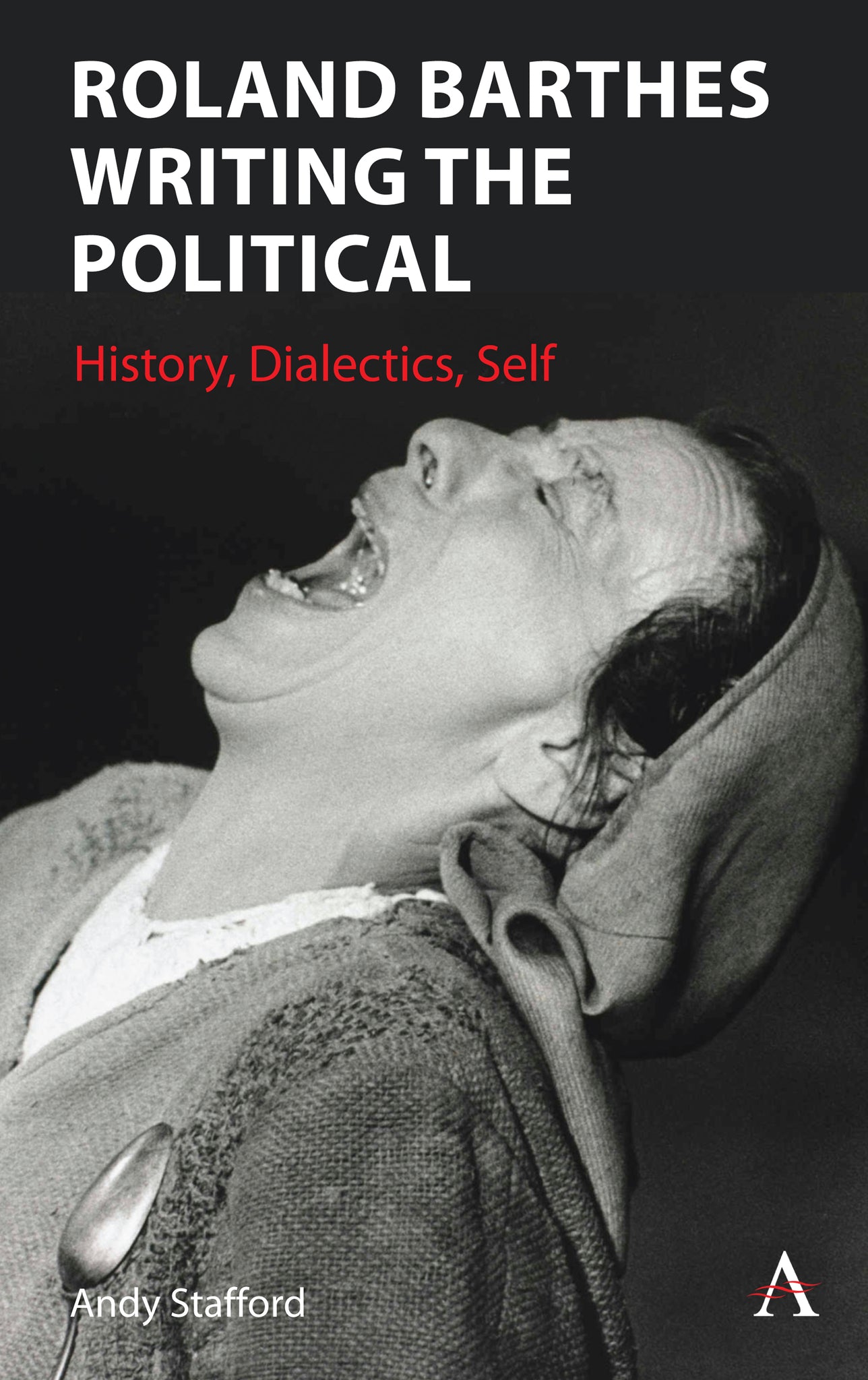We're sorry. An error has occurred
Please cancel or retry.
Roland Barthes Writing the Political - History, Dialectics, Self

Some error occured while loading the Quick View. Please close the Quick View and try reloading the page.
Couldn't load pickup availability
- Format:
-
08 November 2022

With typical rhetorical flourish and beholden to paradox, Roland Barthes defines his work on ‘myth’ as an attempt to ‘define things’; and yet he is known foremost for his work on language. The aim of this book is to take ‘things’ here as social relations, objects and other human beings with which the self interacts. It does so via language. And language in Barthes’s conception is double: alienating, alienated on the one side; liberating, inspiring on the other. It is this double that we investigate in this book: A spectre is haunting Barthes studies, the spectre of dialectics; and the spectral presence of dialectics is what we will define in this book as the Barthesian ‘spirit’, in both senses of the word, that is, haunting his analyses and, at once, providing us with a double approach. ‘I have tried to define things, not words’ (Barthes 2009, 131n1).

LITERARY CRITICISM / Subjects & Themes / Politics, Literature: history and criticism, Politics and government

‘This book is daring yet meticulous intervention into the myth of ‘an apolitical Barthes’ and a convincing foregrounding of ‘other spaces for critique to take place’. This enables the author to cast new light on a set of intertextual affinities between Barthes and Marx, thereby reinterpreting the former’s work in the context of a uniquely Marxist materialism or the ‘Capital of linguistics’. What emerges is a new insight into the multiple significances of Barthes’s preoccupation with paradox and dialectic.’—Fuhito Endo, Seikei University, Tokyo.
Acknowledgements; Foreword; Chapter One ‘The dialectical logic of Love’; Chapter Two ‘Amorous dialectic’; Chapter Three ‘The People chorus’; Chapter Four ‘Double grasp’; Chapter Five ‘Stereographic space’; Chapter Six ‘Non-classifiable’; Chapter Seven ‘New Dialectic’; Chapter Eight ‘Opacity’; Chapter Nine ‘Undialectics’; Afterword: Essayism and the Politics of Writing; Bibliography; Index



